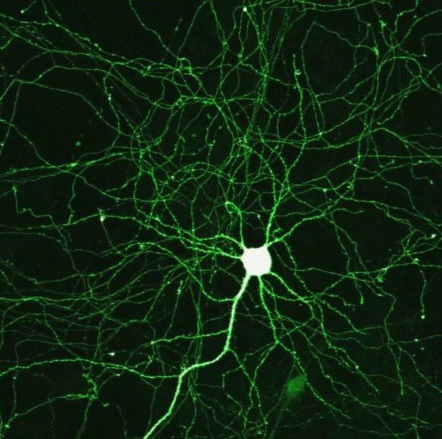Colin Wright Discusses the Relevance of Binary Gonads to the Purported Sex Continuum
In an article at Quillette titled, "JK Rowling is Right—Sex Is Real and It Is Not a “Spectrum," biologist Colin Wright discusses the importance of gonads to determining the sex of individual organisms in every species of animals except, apparently, human animals. Here is an excerpt:
Both of these arguments—the argument from intersex conditions and the argument from secondary sex organs/characteristics—follow from fundamental misunderstandings about the nature of biological sex, which is connected to the distinct type of gametes (sex cells) that an organism produces. As a broad concept, males are the sex that produce small gametes (sperm) and females produce large gametes (ova). There are no intermediate gametes, which is why there is no spectrum of sex. Biological sex in humans is a binary system.It is crucial to note, however, that the sex of individuals within a species isn’t based on whether an individual can actually produce certain gametes at any given moment. Pre-pubertal males don’t produce sperm, and some infertile adults of both sexes never produce gametes due to various infertility issues. Yet it would be incorrect to say that these individuals do not have a discernible sex, as an individual’s biological sex corresponds to one of two distinct types of evolved reproductive anatomy (i.e. ovaries or testes) that develop for the production of sperm or ova, regardless of their past, present, or future functionality. In humans, and transgender and so-called “non-binary” people are no exception, this reproductive anatomy is unambiguously male or female over 99.98 percent of the time.
The binary distinction between ovaries and testes as the criterion determining an individual’s sex is not arbitrary, nor unique to humans. The evolutionary function of ovaries and testes is to produce either eggs or sperm, respectively, which must be combined for sexual reproduction to take place. If that didn’t happen, there would be no humans. While this knowledge may have been cutting edge science in the 1660s, it’s odd that we should suddenly treat it as controversial in 2020. . . . In humans, and transgender and so-called “non-binary” people are no exception, this reproductive anatomy is unambiguously male or female over 99.98 percent of the time. . . .
By way of analogy: We flip a coin to randomize a binary decision because a coin has only two faces: heads and tails. But a coin also has an edge, and about one in 6,000 (0.0166 percent) throws (with a nickel) will land on it. This is roughly the same likelihood of being born with an intersex condition. Almost every coin flip will be either heads or tails, and those heads and tails do not come in degrees or mixtures. That’s because heads and tails are qualitatively different and mutually exclusive outcomes. The existence of edge cases does not change this fact. Heads and tails, despite the existence of the edge, remain discrete outcomes.


